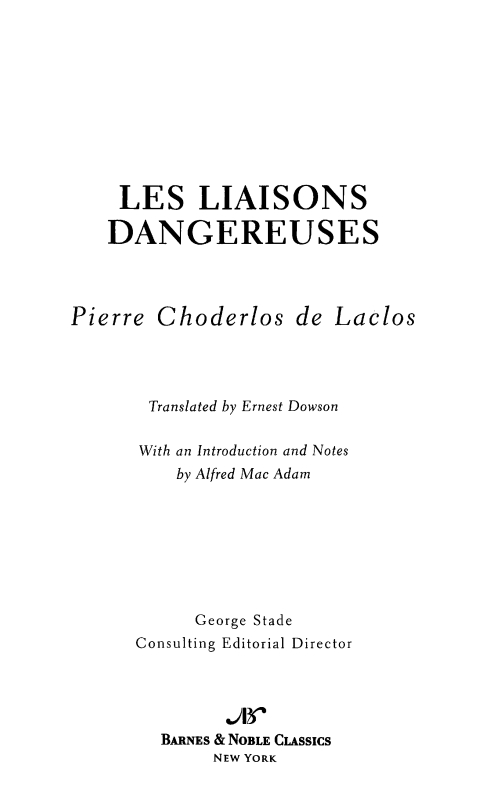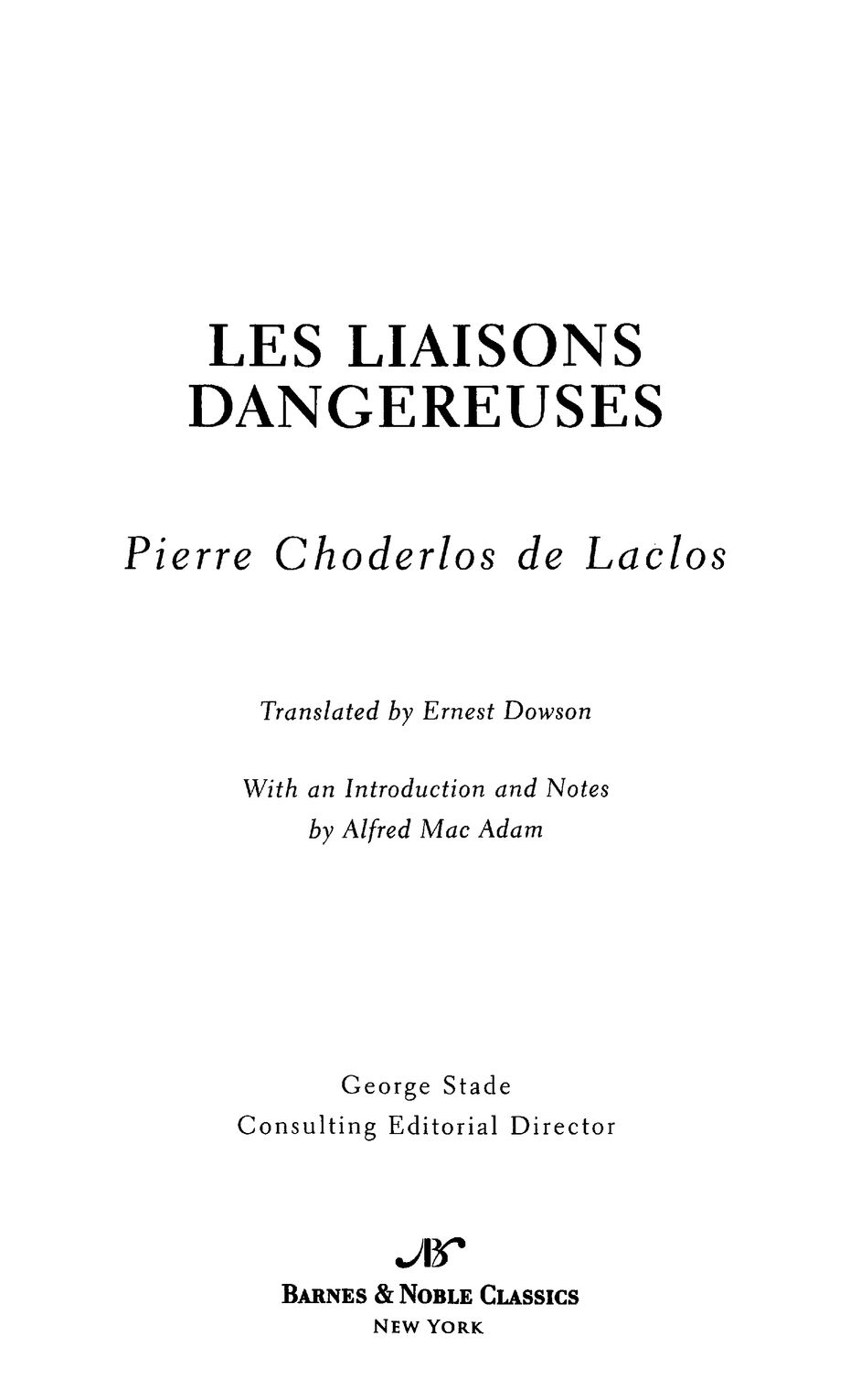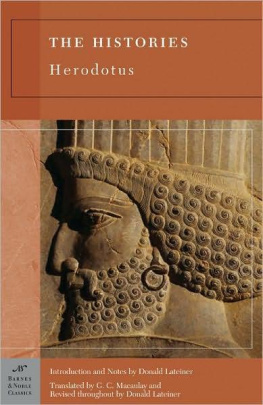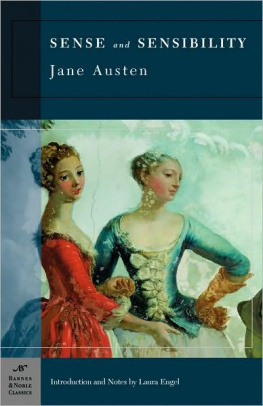
Table of Contents
From the Pages of
Les Liaisons Dangereuses
Come back, my dear Vicomte, come back; what are you doing, what can you be doing with an old aunt, whose whole property is settled on you? Set off at once; I have need of you. I have an excellent idea, and I should like to confide its execution to you.
(page 15)
I shall possess this woman; I shall steal her from the husband who profanes her: I will even dare ravish her from the God whom she adores. What delight, to be in turns the object and the victor of her remorse! Far be it from me to destroy the prejudices which sway her mind! They will add to my happiness and my triumph. Let her believe in virtue, and sacrifice it to me; let the idea of falling terrify her, without preventing her fall; and may she, shaken by a thousand terrors, forget them, vanquish them only in my arms.
(pages 24-25)
I am astonished at the pleasure one experiences in doing good; and I should be tempted to believe that what we call virtuous people have not so much merit as they lead us to suppose.
(page 52)
The moment that you are afraid of success, my dear Vicomte, the moment that your plan is to furnish arms against yourself and that you are less desirous to conquer than to fight, I have no more to say to you.
(page 73)
The fantasy seized me to find out how much one might rely on the defense of which she was capable; and I, a mere woman, bit by bit, excited her to the point ... In short, you may believe me, no one was ever more susceptible to a surprise of the senses.
(page 122)
Will you, then, never grow weary of being unjust?
(page 169)
Those bonds reciprocally given and received, to talk loves jargon, you alone can tighten or break at your will: we are even lucky if, in your wantonness, preferring mystery to noise, you are satisfied with a humiliating desertion, without making the idol of yesterday the victim of tomorrow.
(page 183)
I was not fifteen years old, I possessed already the talents to which the greater part of our politicians owe their reputation.
(page 185)
I have always thought that, when one has naught but praise to give a woman, one may be at ones ease about her, and occupy oneself with other matters.
(pages 226-227)
Prudence, it seems to me, is the quality to be preferred, when one is disposing of anothers fate; and, above all, where it is a question of fixing it by an indissoluble and sacred bond, such as that of marriage.
(page 253)
I know not why, but it is only bizarre things which give me any longer pleasure.
(page 276)
Behold her vanquished then, this proud woman who dared to think she could resist me! Yes, my friend, she is mine, mine entirely; since yesterday, there is nothing left for her to grant me.
(page 311 )
The veil is rent, Madame, upon which was painted the illusion of my happiness.
(page 355)
I do not like people to follow up sorry conduct with sorry jests; it is neither in my manner nor to my taste. When I have ground of complaint against people, I do not quiz them; I do better, I avenge myself. However satisfied with yourself you may be at the present moment, do not forget that it would not be the first time if you were to find that you were premature, and quite alone, in applauding yourself in the hope of a triumph which had escaped you at the very moment when you were congratulating yourself upon it. Adieu.
(page 386)

Pierre Choderlos de Laclos
Pierre-Ambroise-Franois Choderlos de Laclos was born on October 18, 1741, in Amiens, France. Little is known about his family, except that his father was of the lesser nobility and held a governmental office. When Laclos was eighteen he enrolled at the Royal Artillery School in La Fre. At the time, with Europe engaged in the Seven Years War, a career in the military held the promise of both excitement and steady employment. Shortly after he graduated, however, the war ended; with the Treaty of Paris (1763) France ceded its territories in India and Canada to England, and a lengthy period of relative peace descended on France. Over the next decade, though he rose quickly through the ranks of the French army, Laclos was stationed at a succession of quiet provincial posts in Toul, Strasbourg, and Grenoble.
Laclos began writing during these early years in the military. Many of his poems were published in the journal LAlmanach des Muses, and in 1777 he adapted Madame Riccobonis novel Ernestine as a comic opera. A few years later he began work on Les Liaisons Dangereuses, the only novel he would ever write. The novel was an increasingly popular but still relatively innovative literary genre in the late eighteenth century. Like many authors of his time, Laclos attempted to give credibility to his fictional work by presenting it as a nonfictional memoir. Upon its publication in 1782, Lacloss tale of seduction, deceit, and betrayal scorched French readers and brought his own reputation under scrutiny; some even thought he might have been the model for the novels arch-seducer, Valmont.
Marriage to Marie-Soulange Duperr in 1786 may have quieted Lacloss personal life, but another storm was unleashed that year when he published a critique of famed military tactician Marchal de Vauban. Recriminations were swift, and Laclos was assigned dismal posts as punishment. In 1788, as pre-revolutionary tensions increased in France, he took a military leave to become secretary to Philippe II, Duc dOrlans and King Louis XVIs cousin. In 1789 the Duc came under suspicion for involvement in riots against the king. Laclos accompanied him on a hastily planned trip to England shortly before the French Revolution broke out.
Laclos returned to Paris in 1790. He joined and became firmly aligned with the Jacobin Club, a key revolutionary group. His previous connections with the politically ambitious Duc dOrlans, however, brought him under the suspicion of the Jacobins. Laclos was arrested twice during Robespierres Reign of Terror, a time when thousands, including the Duc, were convicted of treason and guillotined.
In 1799 Napoleon staged a coup dtat in Paris to become first consul of France. Laclos, who had supported the coup, was reinstated in the French army as a brigadier general. He spent the next several years involved in Napolons military campaigns in Italy. In 1803 he was sent to fortify an island off Taranto, Italy, where he was struck down by dysentery and malaria. He died on September 5, 1803.
The World of Pierre Choderlos
de Laclos and Les Liaisons
Dangereuses
| 1741 | Pierre-Ambroise-Franois Choderlos de Laclos is born on October 18 in Amiens, France. His father, Jean-Ambroise Choderlos, is of the lesser nobility (ennobled but without a titile) and a government official. |
| 1756 | The Seven Years War begins; this major European conflict pits England and Prussia against France, Austria, and Russia. |
| 1759 | Voltaires satiric novel Candide is published. |
| 1760 | Deciding to pursue a career in the French military, Laclos enrolls in the Royal Artillery School in la Fre. |
| 1761 | Laclos becomes a second lieutenant in the Royal Artillery Corps. Jean-Jacques Rousseau publishes |








